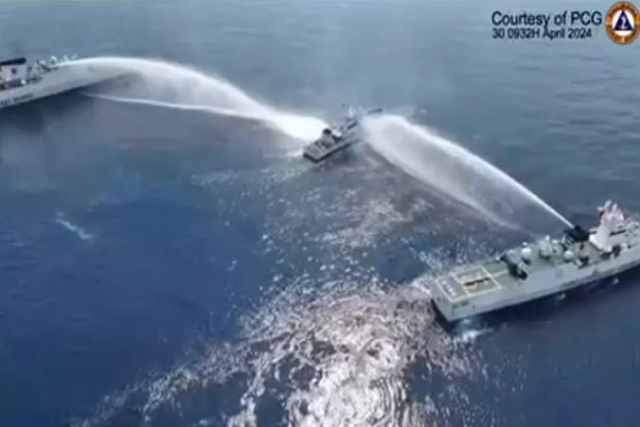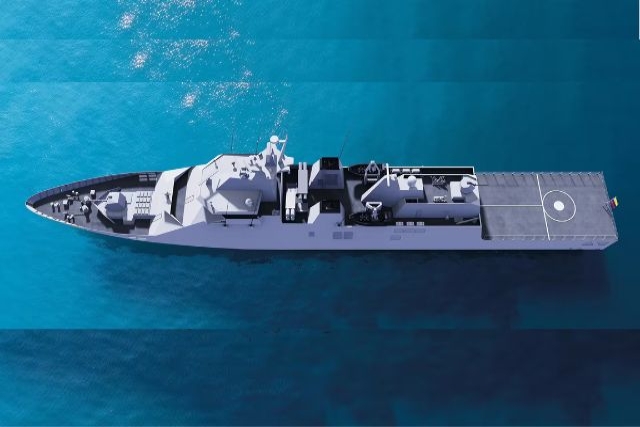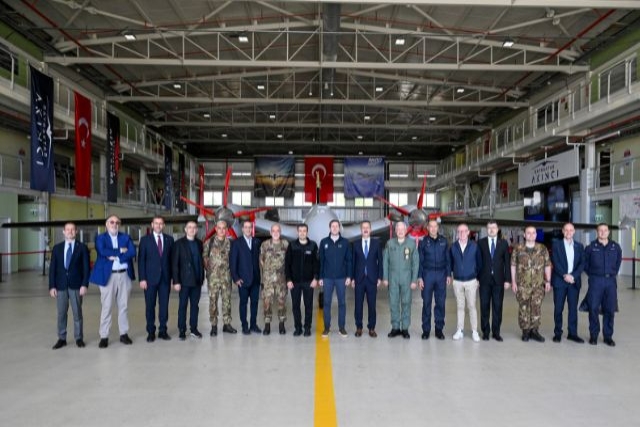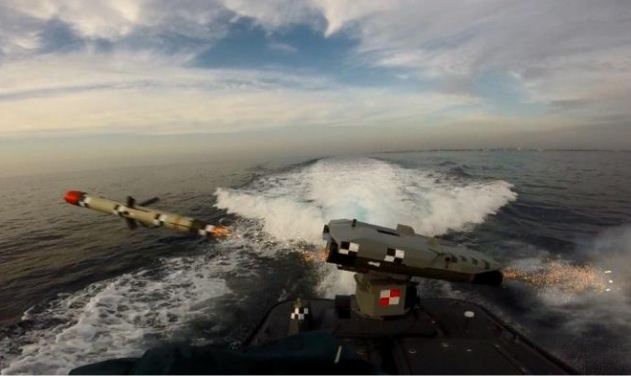G7 Calls Out China for Aggressive Actions Against Filipino Vessels
We oppose China’s dangerous use of coast guard and maritime militia in the South China Sea: G7

In a strong communiqué issued at the conclusion of the G7 Summit on Saturday, the leaders of the Group of Seven (G7) denounced China’s “increasing use” of dangerous maneuvers and water cannons against Filipino vessels in the South China Sea.
The G7 reiterated its staunch opposition to what it termed as Chinese “intimidation activities” in the contested waters.
The communiqué, emerging from the summit held in Apulia, Italy, expressed concerns about the situation in both the East and South China Seas. The leaders underscored their “strong opposition to any unilateral attempt to change the status quo by force or coercion."
“We continue opposing China’s dangerous use of coast guard and maritime militia in the South China Sea and its repeated obstruction of countries’ high seas freedom of navigation,” the statement read. It highlighted specific apprehensions over “the increasing use of dangerous maneuvers and water cannons against Philippine vessels.”
Reaffirming their stance, the G7 leaders underscored their rejection of China’s maritime claims that extend beyond those defined by the United Nations Convention on the Law of the Sea (UNCLOS), citing the 2016 Arbitral Ruling on the South China Sea. “We reaffirm that there is no legal basis for China’s expansive maritime claims in the South China Sea, and we oppose China’s militarization, and coercive and intimidation activities in the South China Sea,” they added.
The G7 further emphasized the universal and unified nature of the UNCLOS, reiterating its critical role in establishing the legal framework governing all oceanic activities. They noted that the 2016 Arbitral Award is “legally binding upon the parties to those proceedings,” suggesting it could be a “useful basis for peacefully resolving” maritime disputes.
The G7, comprising Canada, France, the United States, Germany, Italy, Japan, and the United Kingdom, represents the world’s leading industrialized democracies. Their collective statement comes amidst escalating tensions in the South China Sea, where China asserts sweeping territorial claims, including areas within the Philippines’ exclusive economic zone.
Tensions flared in August 2023 when the Chinese Coast Guard employed water cannons to block Filipino vessels attempting to resupply the BRP Sierra Madre at Ayungin Shoal. Despite the Chinese presence, the Philippine government recently succeeded in completing a resupply mission to the grounded ship.
Armed Forces of the Philippines (AFP) chief General Romeo Brawner Jr. reported on Friday that the resupply mission was “very successful,” although he withheld specific details. “It's enough to say we will continue bringing supplies to our troops, we will continue rotating our troops in all the features that we are occupying in the West Philippine Sea and we will continue to protect our territory and our sovereign rights," Brawner stated.
Philippines Boosts South China Sea Patrols as New Chinese Detention Rules Escalate Tensions
The Philippines has increased patrols in the disputed South China Sea as a new Chinese regulation, effective Saturday, empowers its coast guard to detain foreigners for up to 60 days without trial for alleged trespassing. This move escalates tensions in the crucial trading route. President Ferdinand Marcos Jr. has called the regulation worrisome and warned that the killing of any Filipino citizen "by a willful act" could be considered "an act of war."









